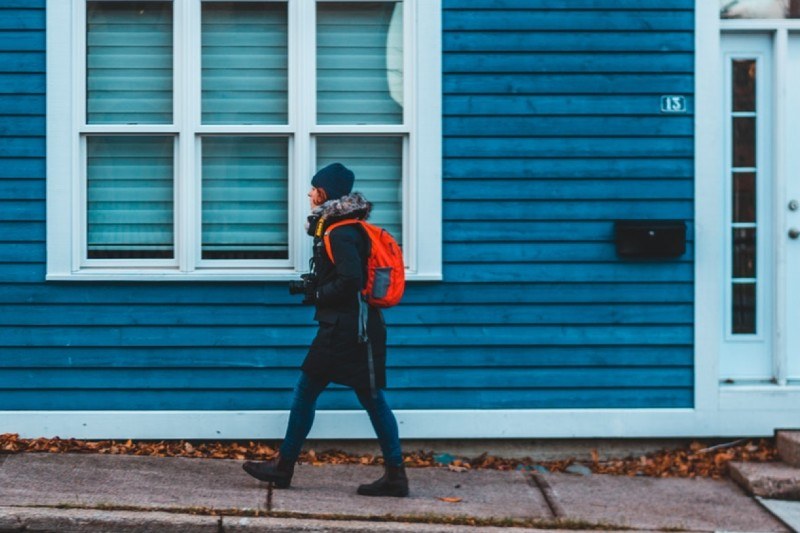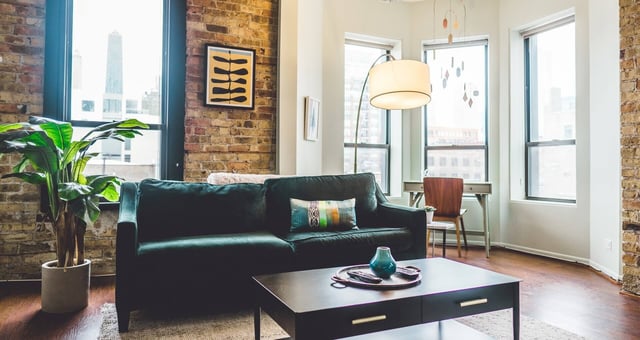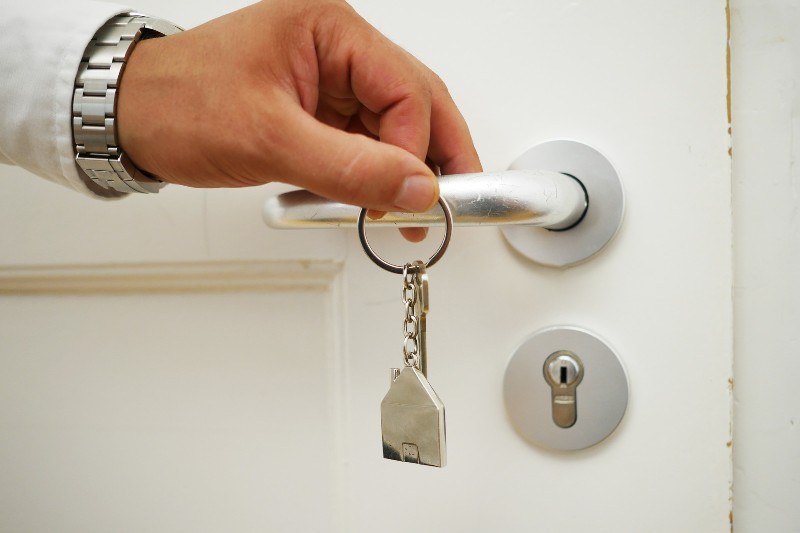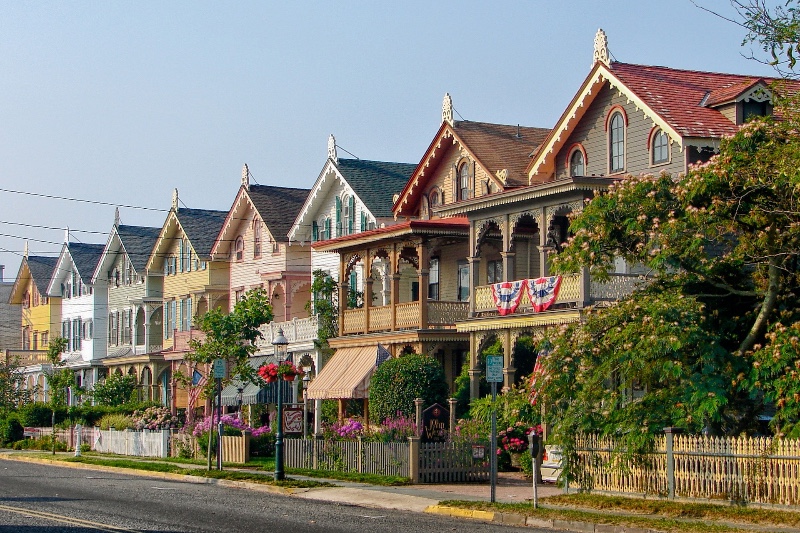
Should You Sell or Rent Your House? How to Decide
Posted on Aug 04, 2022
When the time comes for you to move on from your current home, you may wonder: should I sell or...

Posted on Aug 04, 2022
According to Pew Research, about 6.7% of all individual tax filers reported having rental properties. Becoming a landlord is a fairly common step in the homeownership process - sometimes as a way to generate an additional stream of revenue, sometimes to recoup money if plans change sooner than expected, and sometimes both.
Owning property can provide a buffer of sorts. Even if a landlord loses their primary job, sometimes the profit from their rental properties can pay for their own mortgage while they search for their next job.
And being a landlord does pay. Landlords earn an annual income 49% higher than the median household income in the U.S., according to Rent.com.
Are you thinking about investing in rental property in Florida? It’s a good way to generate income - but it’s not without risks, and it is a role that requires both financial savvy and management skills. Here are the steps to renting out an apartment or house.
If you’re paying a mortgage for your home, the first step you should take is checking with your lender whether you’re allowed to rent the property out - and if so, when. If you bought your home as a primary residence, your rate is inherently tied to this usage. Lenders will often require buyers to live in their home 6 months, 12 months, or more before they can rent it out.
If you’re planning buy rental property in Florida without living there first, you will likely receive a rate that is .5% to .75% higher than you would receive for a primary-residence home. This is because a rental property is viewed as a riskier investment for the lender.
It can be tempting to list a rental property as your primary property to access a lower rate, but mortgage fraud risks your entire investment. Mortgage representatives have been known to knock on the door and ask whether the occupant is the loan holder.
Once you’ve gotten that squared away, it’s time to crunch the numbers.
The big numbers to consider are:
By knowing these numbers, you’ll be able to determine how much rental income you need in order to break even (and by extension, how much you’ll need in order to be profitable).
If your total costs will be $1,800 a month, but research shows that similar apartments in your area rent for $1,700, you may need to either reconsider whether renting is a sound financial venture - or whether there are ways to invest in the property and bring up the potential rent price.
Many experts suggest that listing your home at 1-2% of its purchase price is typically enough to generate good profitability (so for a $200,000 apartment, that's $2,000-$4,000). There is no right answer as to "how much" profit you should aim for after you account for all expenses. For some, it will be enough to know that someone else is paying off their mortgage and they can eventually sell the home and profit. For others, having additional passive income can help pay down additional mortgage or other expenses.
Keep in mind that at any given time, about 15% of American renters are behind on their rent. You might end up in the difficult position of having to go through the eviction process - which will require you to pay for several months of rent with no help from the lessee.
Even if all goes well and your renter pays on time, you should anticipate that the apartment may be empty for a month or two once their lease is up - which means you need to account for that potential vacancy cost as well.
It's in your best interest to talk to a Realtor about what you're looking for in a rental property. It's the seller of the house who pays the commission fees to both agents - so why not make full use of their knowledge?
Once you have the right budget in mind, you'll want to find a home that is rental friendly. Important info to know is:
Although rent is often referred to as “passive income,” in reality it’s often a very “active” income that requires you to react quickly in response to problems or concerns. If the air conditioner for your rental property breaks, you can’t just give them a fan and deal with the problem when you get back from vacation. Your renters will expect prompt assistance - even if all that’s required of you is calling a service technician and paying them, you will need to do that.
Some landlords opt to take care of these issues themselves, while others opt to pay for a management company. Management companies can handle maintenance issues as well as finding and screening occupants for the apartment, communication with tenants, and cleaning (at the end of the lease).
Management fees will typically range from 8-12% of the monthly rent, so whether or not it’s worth it to you may depend on how much you value your time, and how stressful you find it to take care of yourself. If your reason for renting the apartment is due to moving out of the area, a management company might prove easier than asking a relative or friend to drop in when there are issues.

Renting is more complicated than simply announcing that your home is open for business. Because you are essentially running a business, there is paperwork involved. You also need certain forms on file to document the transaction for legal purposes. If your tenant ever stops paying, for example, or wants to break the lease early, you’ll want to be able to point to your agreement with them in order to determine next steps.
If you’re finding tenants yourself (rather than through a management company), you have several options for listing your property. Oftentimes, the most popular sites will vary by region. In some areas, Facebook marketplace reigns supreme; in others, Zumper, Zillow and/or Hotpads (and many other, similar sites) will be how you can get in touch with the most potential tenants.
When you list your property, include as much information upfront as possible, because most potential tenants are comparing your property to dozens of others - they won’t want to wait to hear the rent price or whether or not they’re responsible for electric. Having clear, high-resolution photos of your property is also key. If possible, take photos of the home while it’s empty and free of furniture - this will help it look spacious and clean to potential renters.
Note: Florida law requires that notices from landlords to tenants must be in writing and must be either hand-delivered or mailed, even if the rental agreement is oral.
As a Florida landlord, your obligations are different from what you may have experienced as a renter yourself. Tenants, for example, can specify the type of roommate they would like to have in listings, whether that’s a preference for gender, race, sexual orientation, non-parents, etc.
As a landlord, though, you need to adhere to Fair Housing Laws which prohibit discrimination. You can’t use different qualification standards or make housing unavailable to someone purely based on their race, religion, disability, etc.
Essential reading: the Florida Residential Landlord and Tenant Act
Many people have heard the horror stories of renters who game the system and deliberately stay in homes, without paying rent, for as long as possible. Of course, as a landlord you're far more likely to encounter a less nefarious situation where renters simply fall on hard times. Still, it's an extra mortgage that you'll need to pay completely out of pocket until they're back on their feet.
Some insurance companies now offer rent guarantee insurance, which will cover up to six months of rent (depending on the insurance plan), allowing landlords to begin the eviction process. The price will vary depending on the plan, but you can expect to pay somewhere from 3-7% of the total rent.
For people who are only renting out one home or apartment, rent guarantee insurance can provide a much needed safety net.
Subscribe to our newsletter to get essential real estate insights.

Posted on Aug 04, 2022
When the time comes for you to move on from your current home, you may wonder: should I sell or...

Posted on Aug 04, 2022
The housing market may have been nuts, but the rental market last year wasn't much better. Millions...

Posted on Aug 04, 2022
New Jersey is home to beautiful beaches, a rich history, and vibrant communities. Many potential...